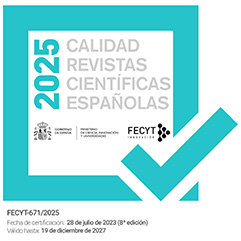Deliberative Democracy V. Politics of Identity
Keywords:
Democracy, Deliberation, Minorities, Politics of IdentityAbstract
The defenders of deliberative democracy insist in the idea that for searching political truths is necessary to use values as universality, rationality and fairness. The defenders of the politics of identity distrust from this deliberative approach because, the interests of the powerful groups of the society are often behind those values. The common approach of deliberative democracy misunderstands the proper role, language, expression and actual interests of the members of the minorities.
Deliberative democracy isn't really compromised with pluralism –social, cultural, ethnic, racial…– because it is more compromised with formal and substantial rules of decision that finally determine the result of the deliberation. Minorities claim for a new understanding of the democracy from the difference, from the identity. Thus, democracy is the result of a dialogue, not from abstractions, but from the particularity. In this sense, it is important the notion of ethics of alterity as a moral effort to understand the Other. This exercise excludes all kind of alterophobia (misogyny, xenophobia, racism, homophobia...) and it is against relativist approach. An identity is legitimate in the way it includes the alterity. The minorities claim to think, other time, topics as democracy from the dynamics between identity/alterity, inclusion/exclusion, equal dignity/differentiated identity.




























